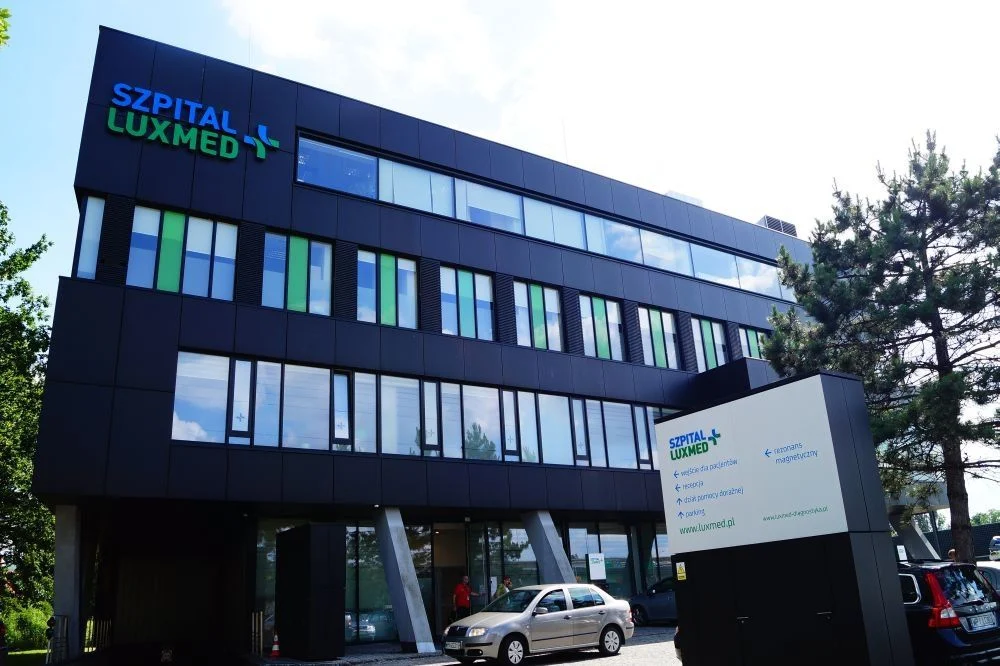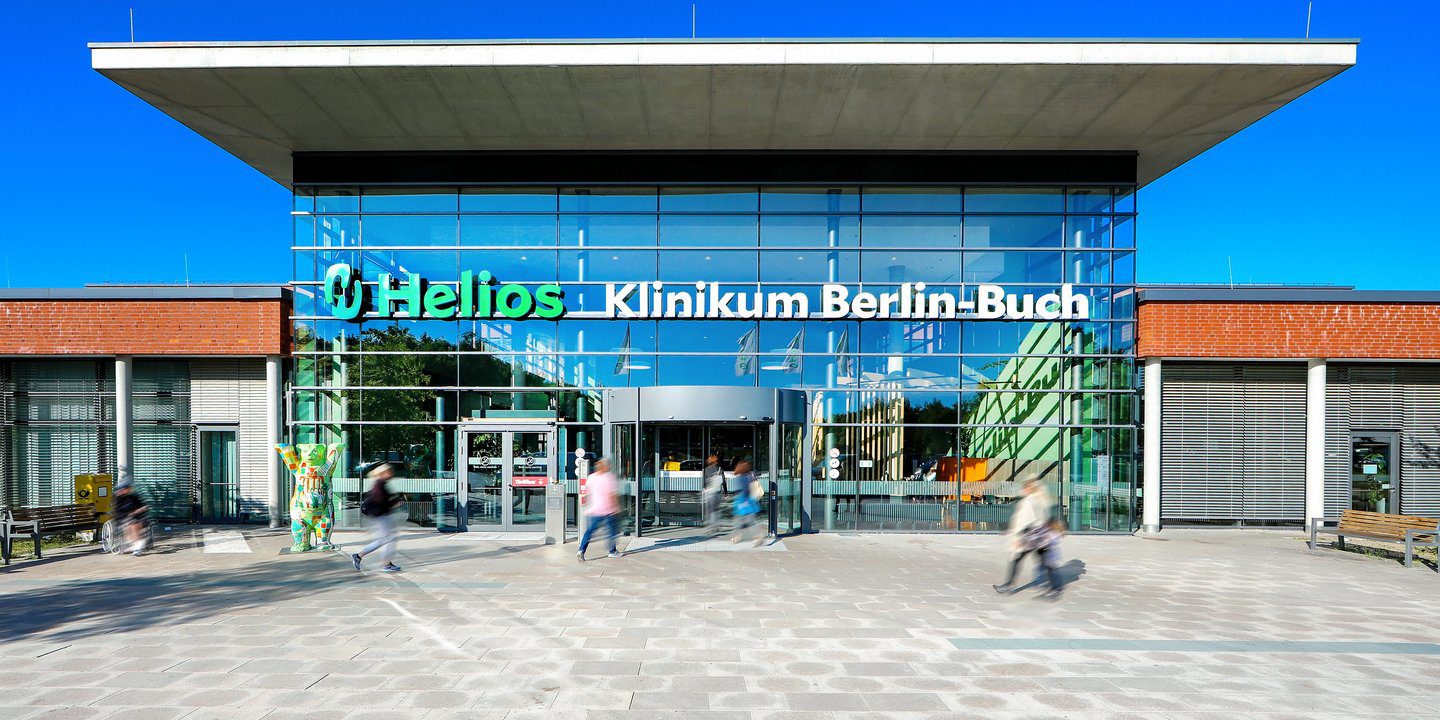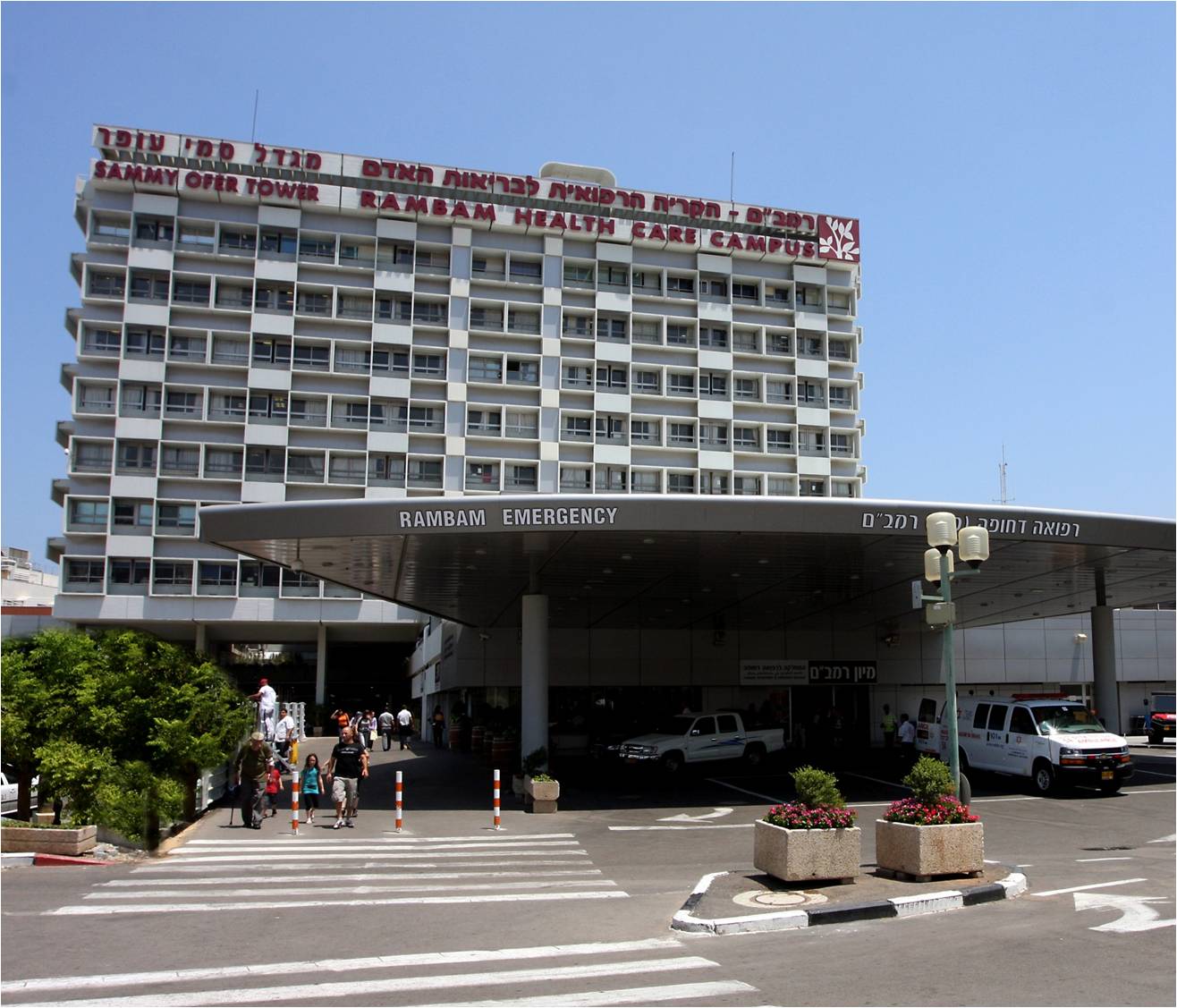Less than 5% of individuals with cancer take part in clinical trials today – but a growing number of worldwide initiatives aim to change that by broadening access as well as simplifying the application process. New tools, including the National Cancer Institute’s (NCI) searchable NCI database, are helping individuals locate open oncological protocols across United States and abroad. Meanwhile, hospitals and research centers are cutting red tape to allow faster inclusion, particularly for international participants.
“There’s rising interest among candidates,” said experts from oncological outreach at the Global Oncology Network. “But they often don’t know where to start or what’s available outside their home country.”
Some trials are geared toward newly diagnosed individuals, while others focus on rare cancers or therapies that haven’t yet reached the market. And while many studies are based in the U.S., interest in international trials cancer experience is rising, notably across Asia and the EU.
How to submit and what’s involved
Signing up for a clinical study used to mean undergoing weeks of administrative documentation, pre-approvals, and multiple physician referrals. Now, major cancer centers – including Sloan Kettering in New York and Gustave Roussy in France – offer guided enrollment, often directly through their websites or patient liaisons.
For U.S.-based patients, a doctor’s referral is typically still required, though several international trials also accept self-referred applicants. These include variables like cancer stage, prior treatments, plus overall vitality.
“People assume it’s complicated,” said specialists. “But more sponsors are offering concierge-style enrollment, even covering some travel or accommodation costs.”
Global shift toward accessibility
The push for diversity in study enrollment has also been influencing regarding which studies are being held. Over the past five years, Switzerland, Germany, and South Korea have emerged as top hubs for oncology research, offering streamlined frameworks and expedited review tracks compared to the U.S.
“In some countries, regulatory reviews take six months or less, which helps move new treatments forward more swiftly,” noted study coordinators. “That’s a draw to candidates and scientific staff.”
As per the World Health Organization, over 60% of global experimental oncology programs now accept foreign participants – a trend that is expected to grow as digital records and telehealth make coordination across borders easier.
Finding a suitable trial option
Applicants and family members may browse ongoing cancer-related investigations by using the NCI registry, which includes filters for location, tumor classification, along with investigative phase. Portal provides access to communication data and joining guidelines.
Listed below are a few trusted sources for locating active oncological trials include:
- NCI Therapeutic Trials Search (cancer.gov);
- ClinicalTrials.gov (U.S. Health Archives);
- EudraCT (European Union Drug Regulating Authorities Clinical Trials Database);
- CenterWatch (covering international studies and enrollee navigation);
- TrialJectory (AI-based matching for oncology studies).
“A growing number of candidates opt to travel if they believe the science is worth it,” noted experts. “And for some, access toward investigational therapies can be life-changing.”
Apply clinical trial: costs and coverage
Though the majority of clinical cancer trials do not charge patients for experimental treatments, some may entail supplementary charges, like lab work or transport expenses. Many study organizers – including academic institutions and pharmaceutical companies – extend full or partial reimbursement. “Being proactive is key,” said specialists. “Clarify doubts, recognize what’s covered, and don’t be afraid to pursue cross-border options.”
Medicare alongside private insurers in the U.S. often cover routine care expenses linked to approved trials, though that coverage may vary outside the country. Experts recommend confirming all cost-related details in advance.We specialize in helping patients identify and access trusted cancer clinics worldwide, tailoring options to individual diagnoses, budgets, and treatment goals. Our team provides hands-on support throughout the process – from selecting a facility to coordinating consultations and travel arrangements.
How to locate a cancer-related trial?
Start with the NCI registry, ClinicalTrials.gov, or platforms like EudraCT. Filter by cancer type, location, and research stage.
What nation excels in trial conduct?
The U.S. leads in volume, but Germany, Switzerland, and S. Korea stand out as strong performers owing to efficiency and participant support.
Which trio of nations hosts most scientific testing initiatives?
America, Germany, plus China currently run the bulk of global oncology-based research work.
Do cancer research trials cost money?
Most protocols cover medical intervention, but some may entail related costs. Many sponsors subsidize expenses linked to travel or testing.
What is the best website to find experimental cancer tests?
The NCI registry and ClinicalTrials.gov remain broadly considered the most extensive as well as trustworthy resources.











